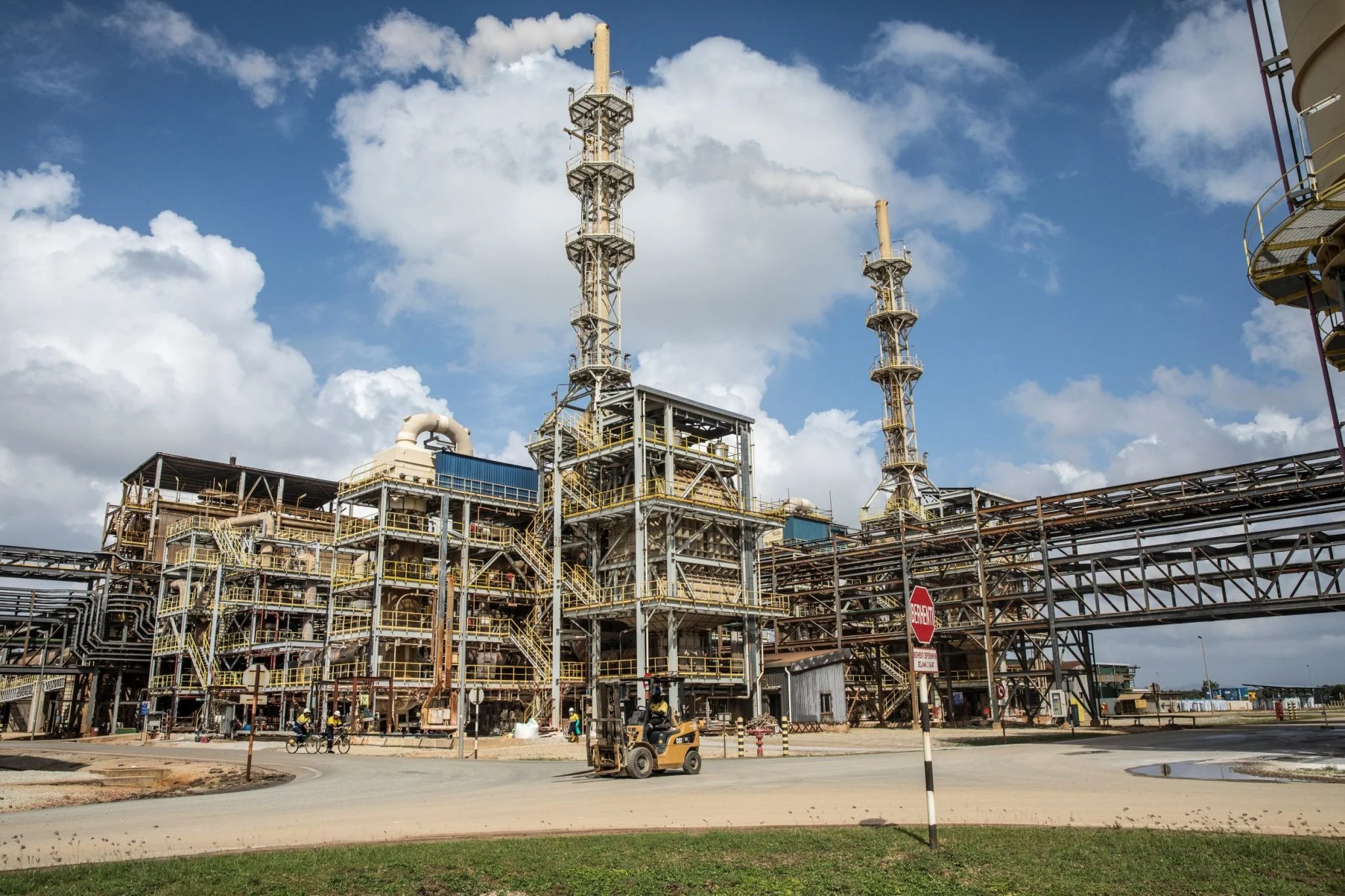Copyright thebftonline

The Council for Scientific and Industrial Research–Research Staff Association (CSIR-RSA) has called for greater support for research, technology and innovation to strengthen the country’s agricultural sector, which continues to face challenges from climate change. Speaking at the 36th annual general meeting of the association, held under the theme “Accelerating resilience for food and nutrition security in Ghana: The role of transformative research, development and partnerships,” Principal Research Scientist and Director at the CSIR–Plant Genetic Resources Research Institute, Dr. Daniel Ashie Kotey, said food and nutrition security form the foundation of national stability. Achieving this, he noted, requires resilience built through science, innovation, and strong partnerships. Dr. Kotey stressed that without strengthening the resilience of vulnerable farming systems, supply chains, and communities, Ghana cannot achieve the United Nations’ 2030 Agenda for Sustainable Development. Former National President of CSIR-RSA, Dr. Shadrack Kwadwo Amponsah, also underscored the need for resilience in developing technologies that can respond to climatic, economic, and social challenges while ensuring every Ghanaian has access to safe and affordable food. “Transformative research must connect the laboratory to the field, the scientist to the farmer, and knowledge to policy,” he said, adding that the country must adopt resilient agricultural strategies to tackle climate change, pandemics, and other global threats. Dr. Amponsah further warned that illegal small-scale mining, or galamsey, remains one of the biggest threats to food and nutritional security, as it pollutes water bodies, destroys fertile soils, and undermines rural livelihoods. Chairman of the CSIR Governing Council, Mark Anthony Taylor, commended research scientists for their dedication despite limited resources. He reaffirmed government’s commitment to support CSIR institutes with infrastructure and logistics to promote quality research for national development. He also called for increased government funding for research, infrastructure, and staff motivation, while encouraging CSIR to strengthen partnerships with international agencies and boost its internally generated funds. Director-General of CSIR, Professor Paul Bosu, said the Council remains committed to advancing technology and innovation to drive socio-economic growth. He emphasised that research and innovation are key to addressing food insecurity, climate change, and poverty, and called for stronger collaboration between CSIR, industry, and development partners to develop improved seed varieties for farmers. Director of CSIR–Savanna Agricultural Research Institute (CSIR-SARI), Dr. Francis Kusi, highlighted the institute’s progress in developing climate-resilient crop varieties that have improved productivity and created jobs in northern Ghana. He noted that CSIR-SARI has undergone a major transformation, becoming one of the most vibrant and productive research institutes under the CSIR system.



